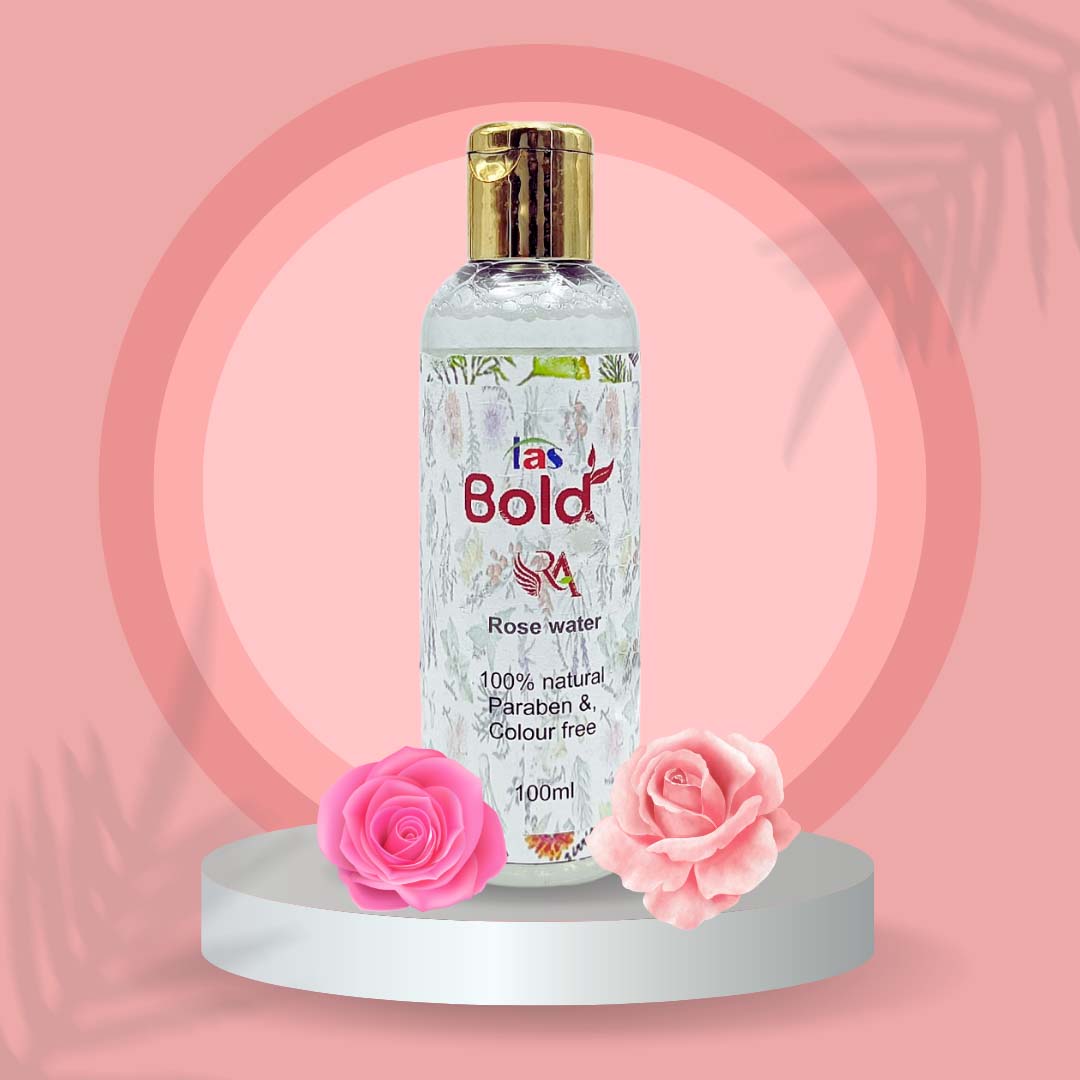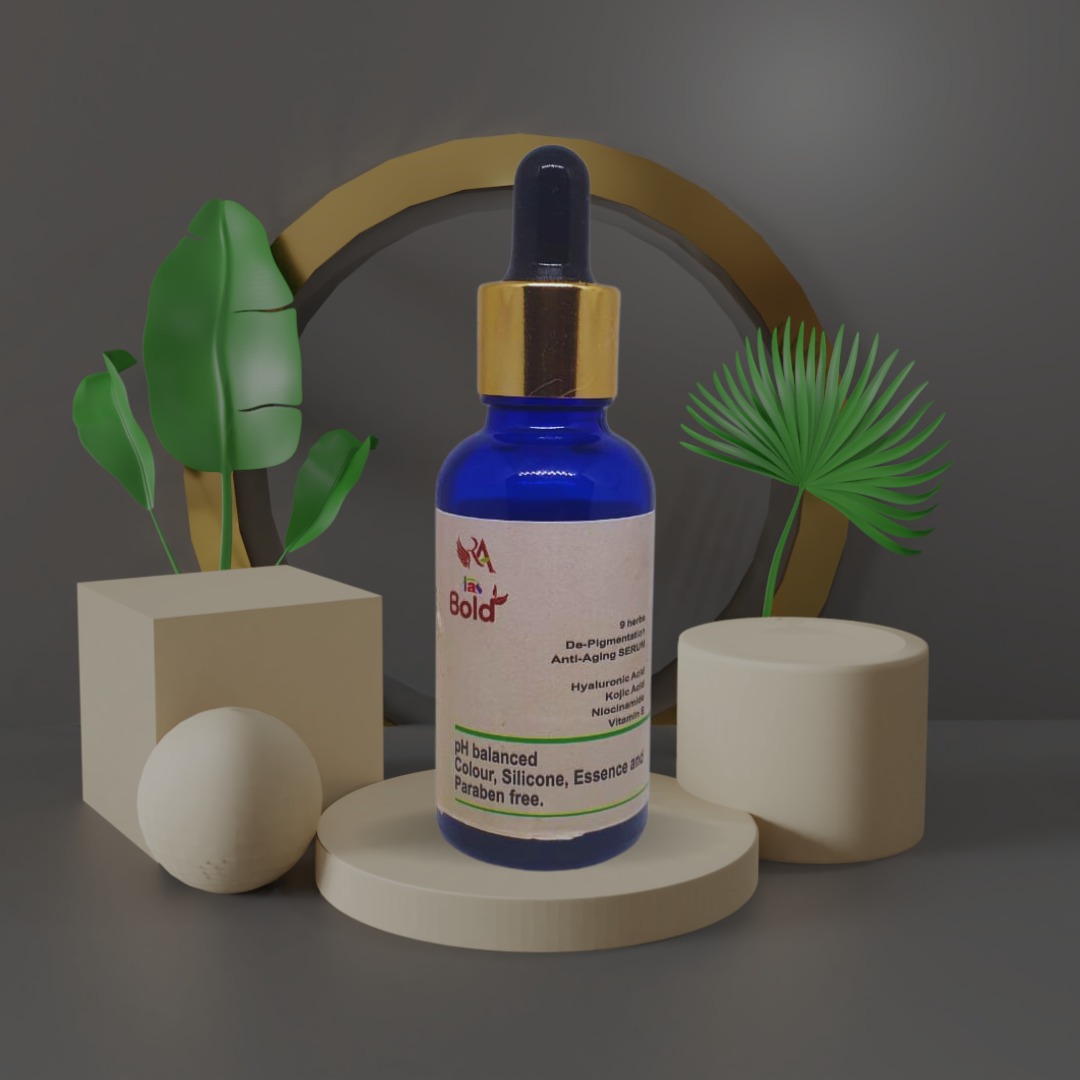
Introduction
Changes in weather can wreak havoc on your skin, often leading to unexpected breakouts and acne flare-ups. Whether it’s the transition from summer to winter or the onset of a humid monsoon, adapting your skincare routine is crucial to maintaining clear and healthy skin. In this guide, we’ll discuss the reasons behind acne breakouts during seasonal changes and provide effective tips to keep your skin blemish-free.
Why Does Acne Worsen with Weather Changes?
Temperature Fluctuations: Sudden shifts in temperature can affect your skin’s natural balance, leading to increased oil production or dryness.
Humidity Levels: High humidity can clog pores and create a breeding ground for bacteria, while low humidity can strip the skin of moisture, triggering excess sebum production.
Product Changes: As the seasons change, you might switch to heavier or lighter skincare products, which may not suit your skin type, causing breakouts.
Dietary Adjustments: Seasonal food changes can influence your skin’s condition, with some foods potentially triggering acne.
How to Tackle Acne During Weather Change
Maintain a Consistent Skincare Routine
Stick to a gentle cleansing routine twice a day to remove dirt and excess oil. Use a mild, sulfate-free cleanser that suits your skin type.Hydration is Key
Keep your skin well-hydrated by using a lightweight, non-comedogenic moisturizer that helps balance moisture levels without clogging pores.Choose the Right Products
Opt for products containing acne-fighting ingredients like salicylic acid, niacinamide, or tea tree oil to prevent and treat breakouts effectively.Exfoliate Wisely
Regular exfoliation (once or twice a week) with a gentle exfoliant can remove dead skin cells and prevent clogged pores, reducing acne risk.Sun Protection
Use a broad-spectrum sunscreen even during colder months to protect your skin from UV rays that can aggravate acne.Diet and Hydration
Include skin-friendly foods rich in antioxidants, vitamins, and omega-3 fatty acids. Drink plenty of water to flush out toxins and maintain clear skin.Avoid Touching Your Face
Keep your hands away from your face to prevent the transfer of bacteria and oils that can contribute to breakouts.Consult a Dermatologist
If acne persists despite following a skincare routine, seek professional advice to determine the underlying cause and get personalized treatment.
Conclusion
Managing acne during seasonal changes requires a proactive approach and consistency in skincare habits. By understanding your skin’s needs and making the right adjustments, you can keep acne at bay and enjoy a clear, radiant complexion all year round. Remember, healthy skin starts with healthy habits!





